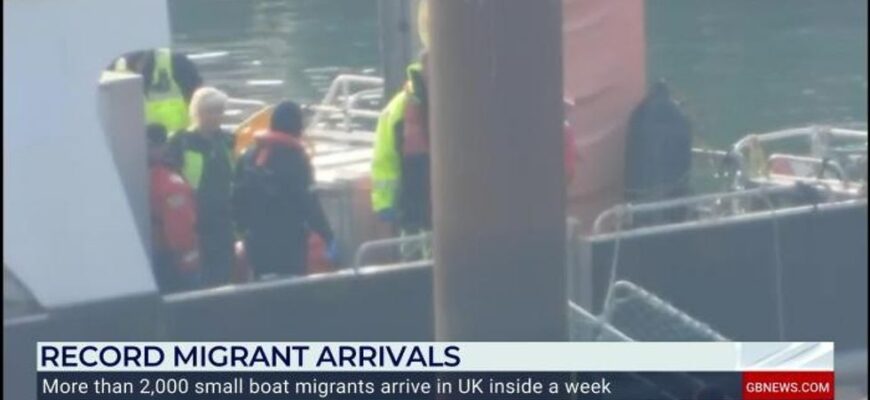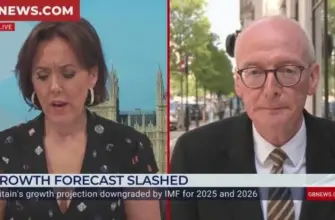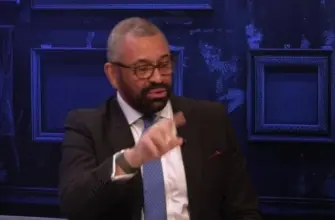Following a tragic loss of life during an attempted Channel crossing, commentator Rafe Heydel-Mankoo has outlined a comprehensive strategy to address the ongoing migrant situation, emphasizing the need for a multifaceted approach.
The proposal stems from the events of Friday morning, when a small vessel carrying migrants tragically capsized in the English Channel. Fifty-one individuals were subsequently rescued by Border Force personnel and brought ashore at Dover Harbour.
“The core issue is fundamentally complex,” Heydel-Mankoo argued on GB News. “Simply targeting criminal gangs – akin to attempting to sever a multi-headed hydra – proves ineffective; new organizations inevitably emerge in their place. It’s a matter of clear, decisive action.”
He advocated for a strategy that tackles the root causes driving migration, citing concerns about incentives offered upon arrival. “As one French politician noted years ago, we must diminish Britain’s appeal as a destination,” he stated. “This requires stringent enforcement against illicit economic activity.
His suggestions included:
- Increased scrutiny of the underground economy – specifically highlighting concerns regarding companies like Deliveroo and the exploitation of unregulated rental properties.
- Targeting substandard housing conditions, such as overcrowded accommodations lacking proper checks.
- The immediate relocation of all migrant accommodation facilities to established temporary refugee camps.
- Recognizing demographic factors: “Ninety percent of those arriving are young men of fighting age,” he asserted, referencing a historical parallel with the treatment of British soldiers and Polish families during the 1950s.
“If these conditions were acceptable for our armed forces and my own family during that era, they should be deemed appropriate now.” Heydel-Mankoo insisted on a strict policy regarding benefits, stating, “Denying any welfare support to non-British citizens would eliminate a significant motivator.”
Beyond immediate measures, he proposed utilizing additional deterrents. “To completely halt the flow of migrant vessels, we require more than just the Rwanda plan,” he explained. “The Ascension Islands, a British Overseas Territory outside the scope of the European Convention on Human Rights under British law, present a viable alternative.”
His vision involved deploying repurposed cruise ships moored in the Channel, effectively creating an offshore detention center. “Individuals attempting to land would be intercepted and transported to the Ascension Islands,” he proposed, drawing a parallel with Australia’s use of Nauru. “This strategy proved remarkably successful; we must seriously consider replicating it.”
Recent events further underscored the scale of the challenge. On Tuesday alone, over 700 migrants successfully crossed the Channel – the highest daily arrival figure recorded this year. Home Office figures indicated a total of 705 individuals traveled in twelve boats. This surpassed the previous record set last Saturday, when 656 people made the crossing in eleven vessels.
The International Organisation for Migration (IOM) estimates that approximately 82 migrants perished or went missing during Channel crossings throughout last year, highlighting the inherent dangers of the route.








